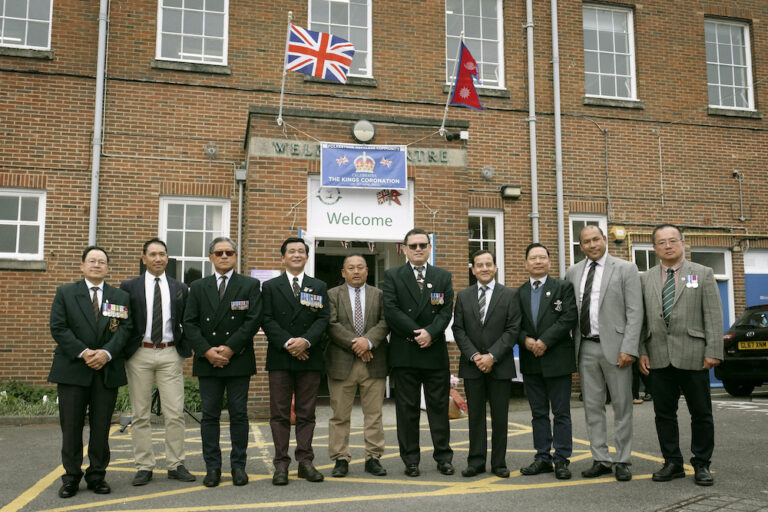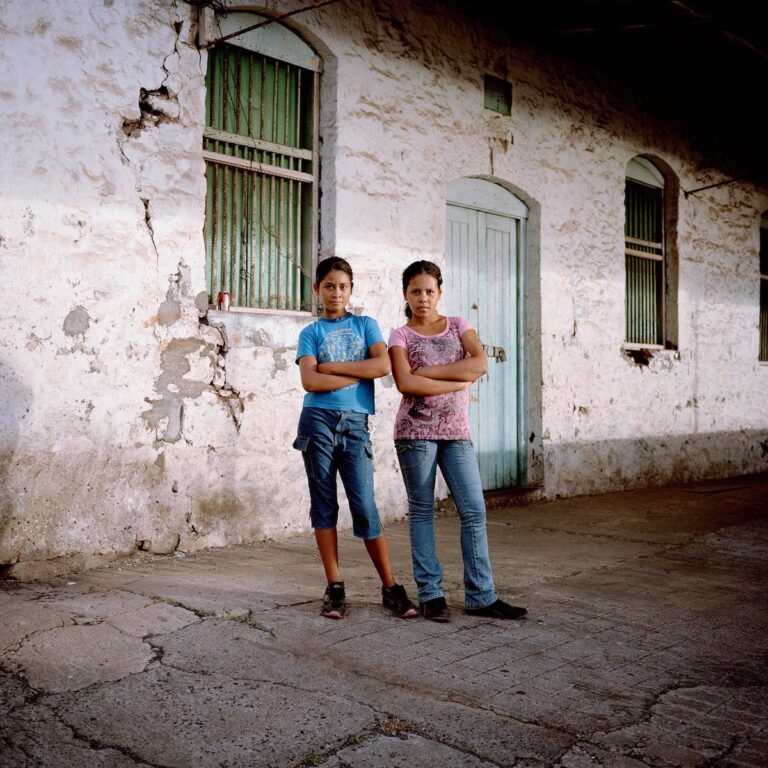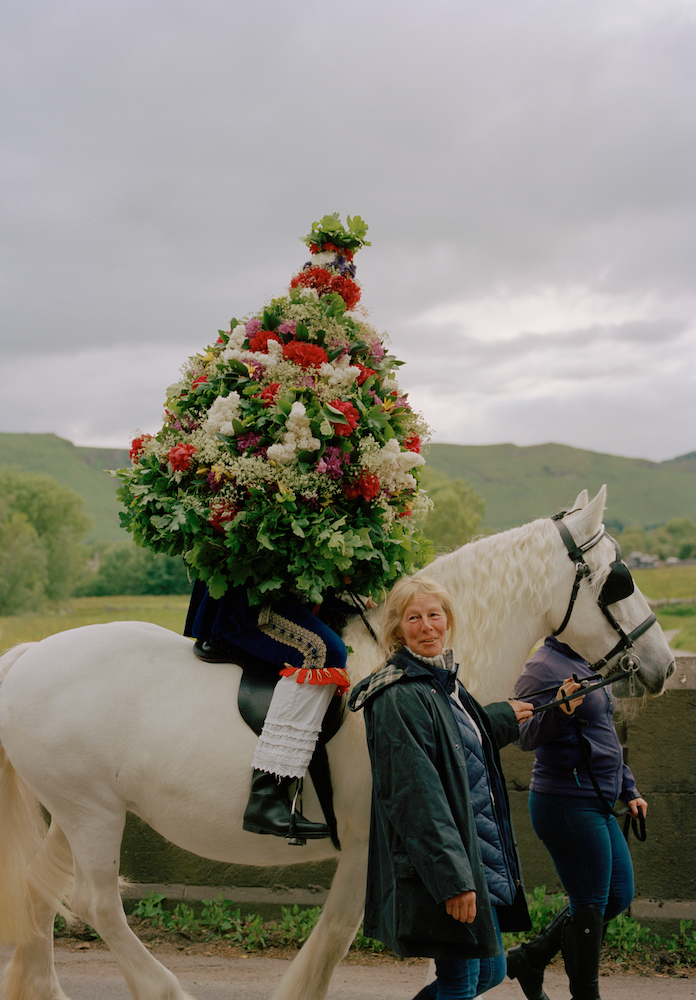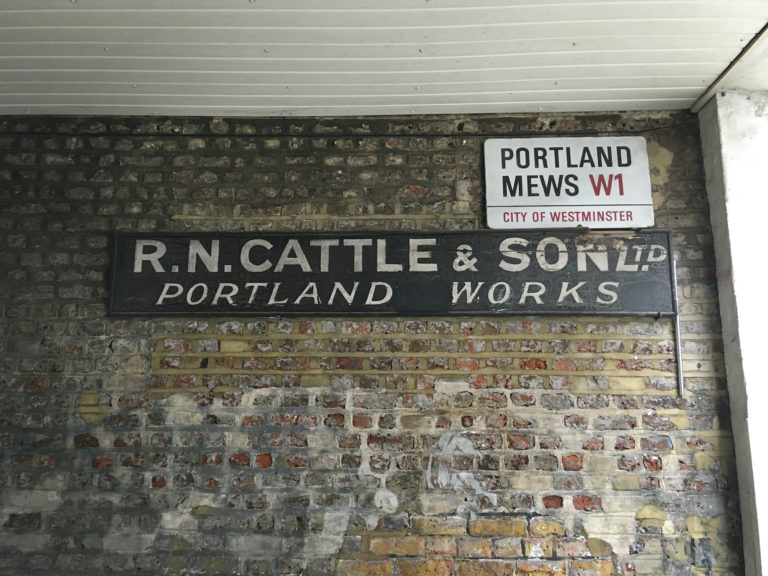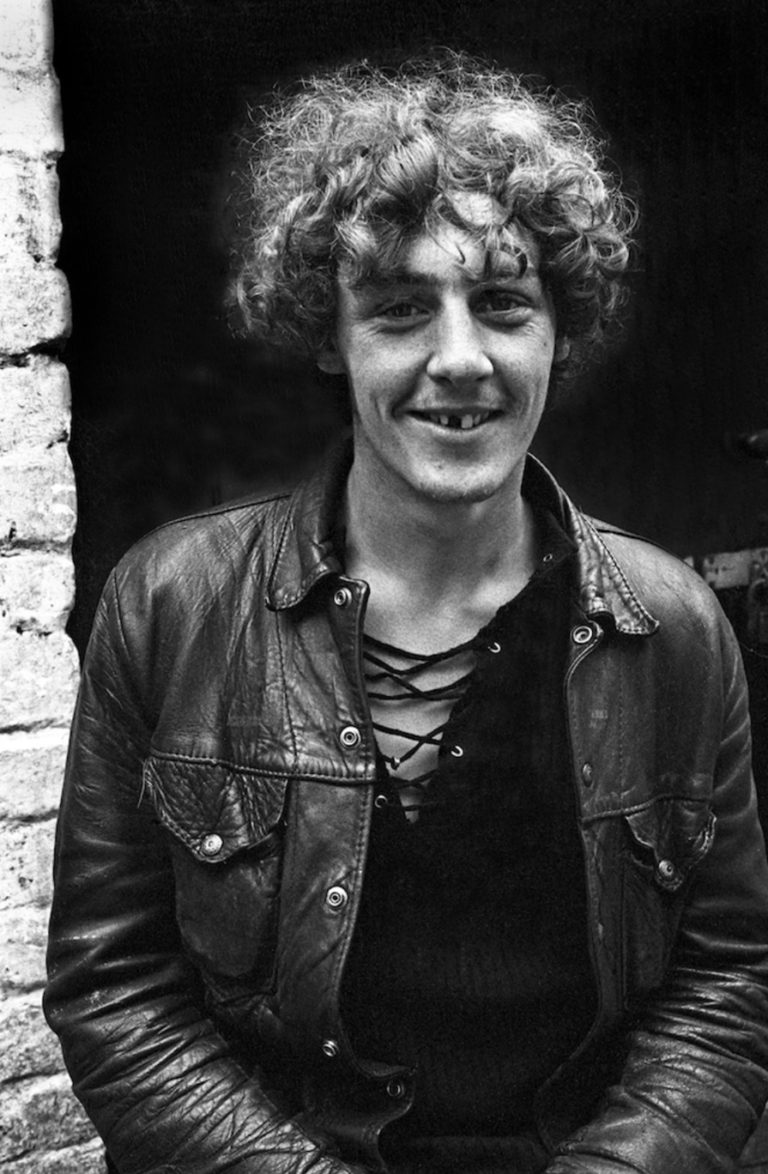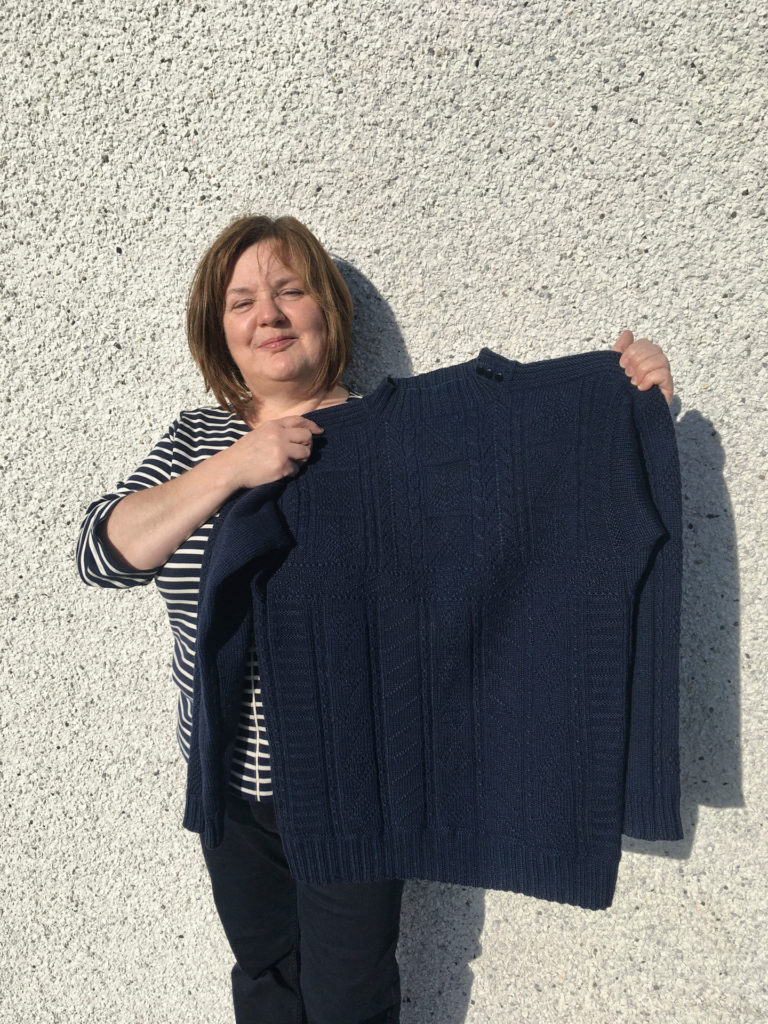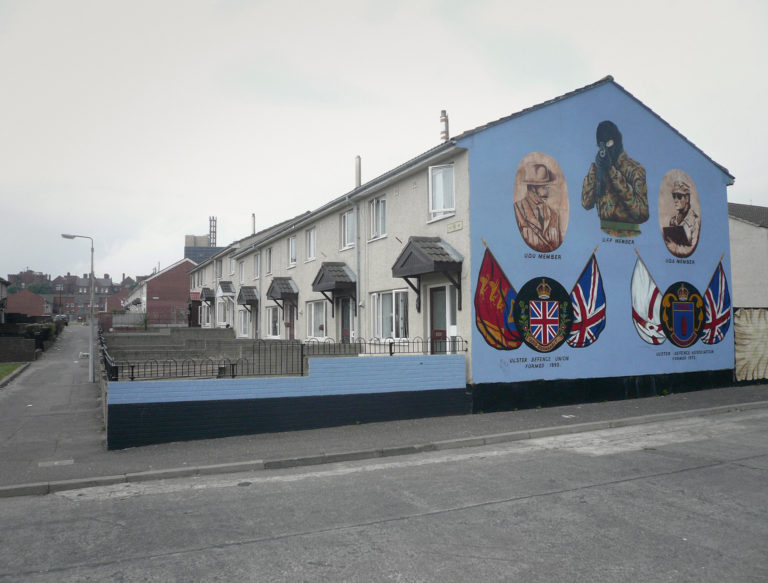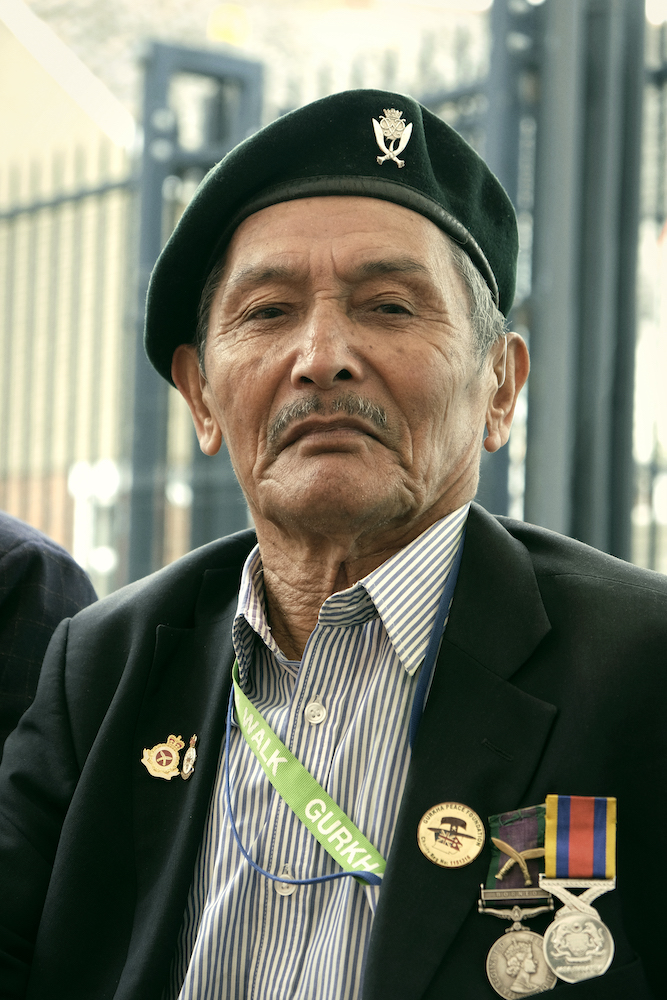
Images and words by The Coracle
Every year, thousands of young men from the land-locked Himalayan nation of Nepal, seek to be the lucky few recruits to the British army. Many of those chosen seem to eventually end up on the Kent coast, cutting cake with their ceremonial Kukris.
AYO GORKHALI! The Gurkhas’ famous battle cry translates as ‘The Gurkhas are here’ and they are indeed here, in the coastal town of Folkestone in Kent. Their motto, ’It is better to die than to live like a coward’, is not your average occupational slogan but the Gurkhas aren’t average. For soldiers with such a fearsome reputation, this is a very warm hearted group but maybe as ex-Gurkhas, they are relieved to not be shouting Ayo Gorkhali anymore.
The Coracle is at Folkestone’s Nepalese Community Centre for the unveiling of a new King Charles’ portrait. Community members of all ages are here but many outsiders have also been invited and publicly thanked, from town council members to Jenny who organises a knitting circle for some of the older women. The centre is based in the Cheriton area of town and the eagle eyed will spot a few signs in advance of their arrival: offices for Gurkha Security Services, Annapurna Restaurant and the Everest Cash and Carry. If you are desperate to stock up on fresh yak, now’s your chance.

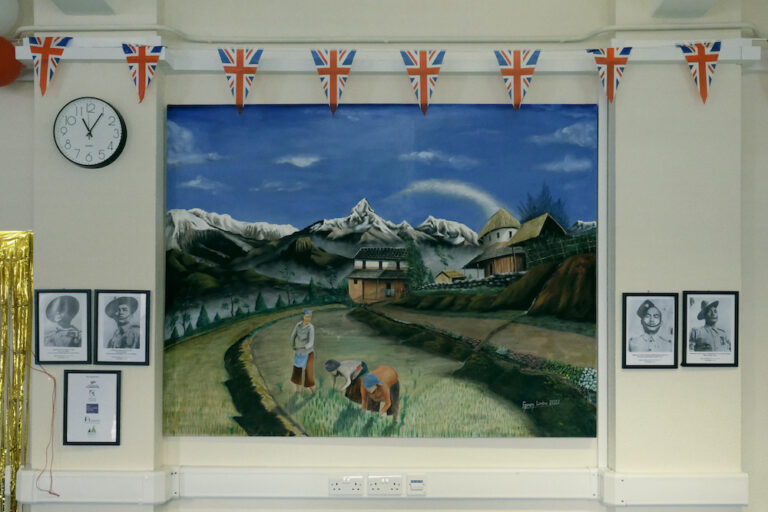
So how did the Gurkhas get ‘here’ at all? During the Anglo-Nepali war, 1814-1816, both sides apparently behaved so honourably that when the conflict ended, mutual respect meant the Nepalese soldiers were incorporated into the British East India Company army. Not something you would imagine happens often after war. Since then the Gurkhas have taken part in multiple conflicts around the world, as members of the British army including WWI, WWII, the Falklands, Kosovo, Sierra Leone etc. Lest we forget in peacetime what that means, roughly 19,000 Gurkha soldiers have lost their lives in combat while fighting for the UK.
The Folkestone community is more recently ‘here’. In 2000, the 2nd battalion of Gurkhas moved from Aldershot, making this one of the biggest UK bases. Before 1997, many more were in Hong Kong and a battalion is currently based in Brunei. Those based in Folkestone seem to have largely retired with their families in Folkestone, famously helped by the generosity of none other than Joanna Lumley whose dad served with the Gurkhas and had his life saved by one of them. In 2009 she successfully campaigned for the right of Gurkhas to stay in the UK after their army service ended. You’d think they would miss those Nepalese mountains but Shivadhan Rai said he feels happy every time he sees the chalk ridge of the North Downs peeping up above the town.

What’s in it for the army? Neil Jones of the Folkestone British Legion said the Gurkhas are; ‘Easy to work with, motivated, and efficient in combat’. They might be all smiles but they have received 13 VC medals to date and their savage looking Kukri short sword is still standard issue for soldiers. There is a myth that once drawn from its sheath the sword must see blood but on this sunny Folkestone day, it was only used to cut the ceremonial cake from which a small drizzle of raspberry jam oozed. Neil says the British army has different groups for different purposes and the Gurkhas provide something the other battalions don’t have.
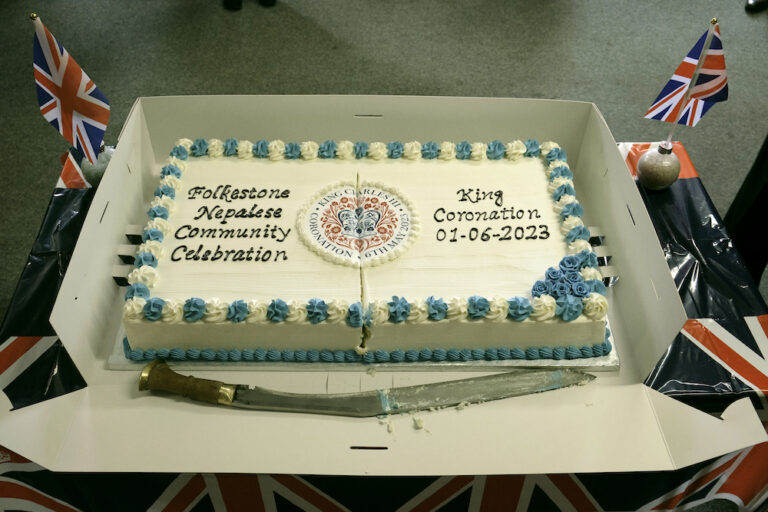
What’s in it for the Nepalis? Thousands still apply to join up every year and hope they pass the infamous doko, ‘one of the most arduous military tests in the world’ according to The Guardian. Retired Gurkha Nabin Siwa says ‘It’s a different world of opportunities’. He followed the path of his uncle, joining up in 1978 and serving until 2001. Nepal may have spectacular landscapes but it’s one of the world’s most impoverished countries with an average salary of $270 per month. Gurkha recruits earn around £1200 per month, not to mention the opportunity to for promotion, travel, support your extended family and UK citizenship. You risk your life by becoming a Gurkha but it’s a life defining role. Their desire to belong seems strong; ‘Once a Gurkha, always a Gurkha’ says Nabin.
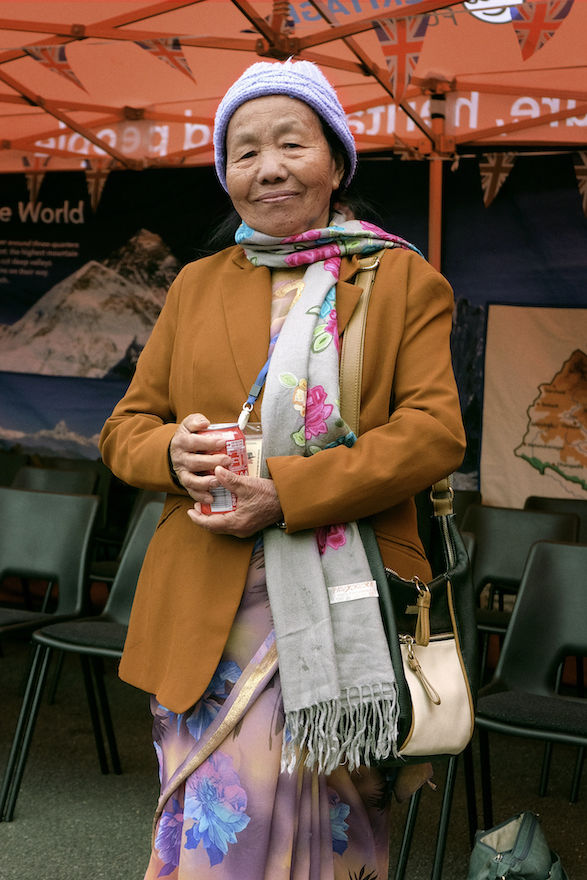

The easy way in which Folkestone has taken the Nepalese community to their heart is a tribute to the Anglo-Nepalese community ‘here’. The men’s patterned Dhaka topi hats and British suits, the women’s brightly coloured Nepali fabrics with puffer jackets and trainers, sum up this cross-cultural melting pot. At the unveiling ceremony, Folkestone mayor, Belinda Walker, told the community: ‘You have made our lives richer’. As The Coracle stumbles over the exact words of the national anthem, whilst many of the community seem to know it by heart, I’m reminded of the Gurkhas’ stated mission; ‘To serve as an integral part of the British Army whilst retaining its Nepalese identity and culture, and adhering to the terms and conditions of Gurkha service’. Job done.
There’s a Gurkha museum in Winchester.
This Guardian article gives a good depiction of the Gurkha recruitment process.
